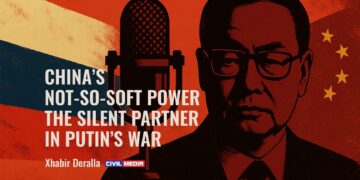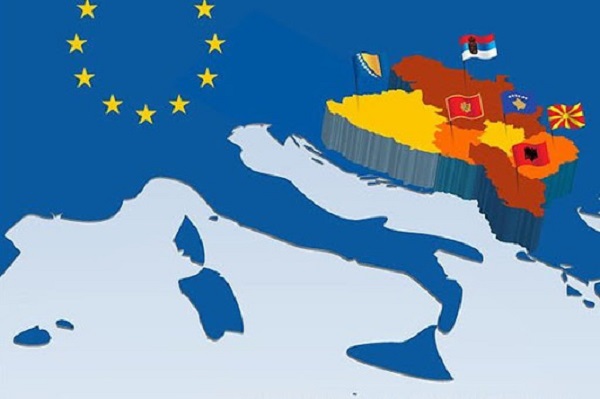European Parliament Rapporteur for Montenegro Tonino Picula said that the EU must abandon the concept of soft power and that financial assistance to countries should begin to be conditioned on progress in democratization.
In an interview with Radio Free Europe (RFE)Picula said reports by independent analysts indicated that the EU had spent 700m euros in the region since 2014 to strengthen democratic institutions, but that this simply did not work.
“The EU should develop a conditioning mechanism in all those cases where that money does not give the desired results due to the resistance of political elites or the deteriorating situation with the human rights situation and the backwardness of democratic institutions, endangering media freedom,” Picula said.
“Then the EU should react more decisively and stop paying those funds,” Picula said, adding that “different autocrats only understand such a language.” Beta.
Picula, a member of the Social Democratic Party of Croatia, said that in all Western Balkan countries “It is evident neglect of democratic institutions”, partly due to internal reasons, and partly due to the vacuum in EU enlargement policy.
– When the visions characteristic of the European project are missing, the political opportunism of many member states is in force. Here is Bulgaria, which disputes the start of negotiations with Northern Macedonia, but some senior EU members, such as France and the Netherlands, contribute to the blockade of expansion. The EU is facing internal problems and therefore has no strength for new enlargements, Picula said.
He said that the EU’s geopolitical competition, which did not exist ten years ago, is now increasingly present in the Western Balkans, and now “imposes an agenda”.
– And many political elites in the Western Balkans accept such influence. Politicians are thinking about the next election and how to achieve something in the cheapest way, and the reforms should be taken seriously with the perspective that you may not get a return benefit from the reforms themselves, Picula said.
He assessed that certain conflicts within certain countries are possible in the Western Balkans, “due to the many unresolved problems in the backward democratic transition”.
Picula says recent events in Montenegro, such as the local elections in Niksic and the enthronement of Metropolitan Ioannicius in Cetinje, have shown that “there was more than clear interest and influence from foreign actors who were not in line with the declared orientation of the country and its path.” towards the EU ”.
– Of course, I emphasize the aggressive media campaign coming from Serbia to Montenegro. A lesson should be learned from these situations because it is obvious that Montenegro as a small country is exposed to geopolitically interesting radars of certain actors, which is not in the interest of either Montenegro or the EU. That is why the Union must be significantly more active, he said.
He added that a reshuffled government that would include the right-wing Democratic Front coalition “would be a step backwards”.
– These pro-Russian and pro-Serbian actors question not only European integration, but also the elements of Montenegrin statehood. With such political actions, Montenegro could be blocked with unforeseeable consequences, Picula said.
Regarding the crisis in Bosnia and Herzegovina, Picula assessed that the country is a “post-conflict, conflict and possible pre-conflict society”.
He noted that he currently sees the greatest danger in BiH in the threat of merging with various chronic crises that have strained relations in the country, especially in recent years.
He believes that the Serbian member of the BiH Presidency, Milorad Dodik, “is testing the patience of the international community, while the stakes are rising”.
Picula added that further deterioration would not only be the continuation of “Dodik’s violent and theatrical behavior”, but also the implementation of the announced separation from the institutions of Bosnia and Herzegovina.
“I think this is a serious danger because at the moment I do not see any special efforts being made to prevent it, except for comments or some sanctions,” said Tonino Picula.

















